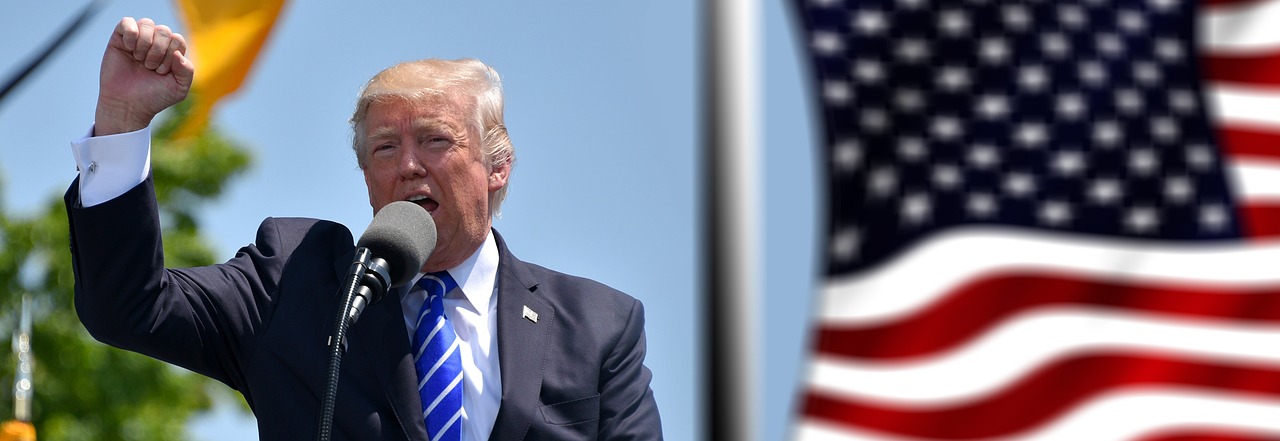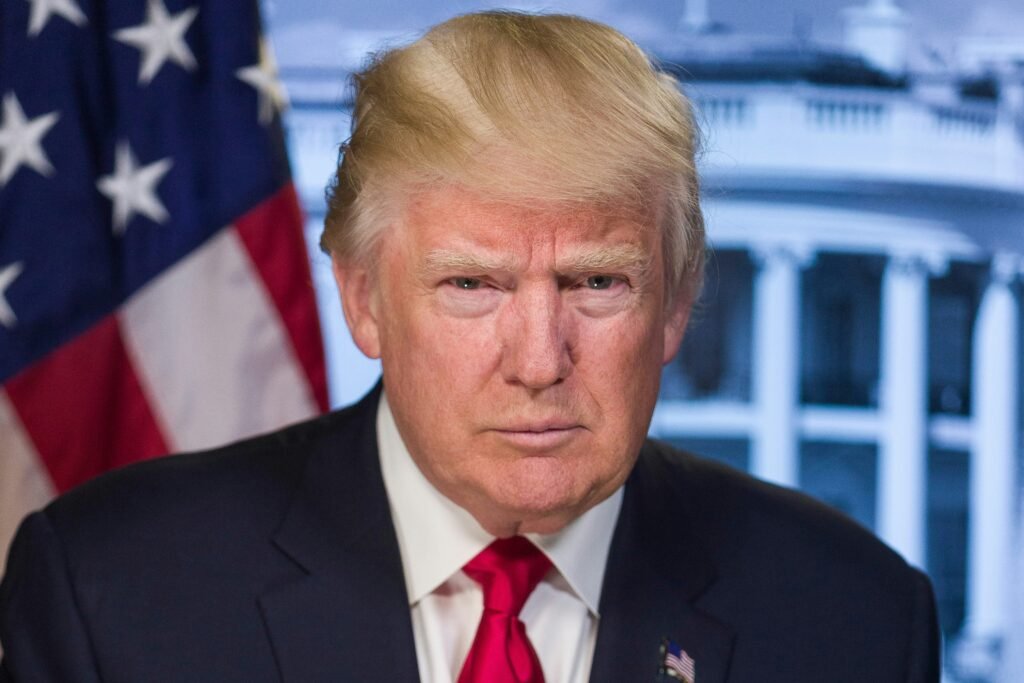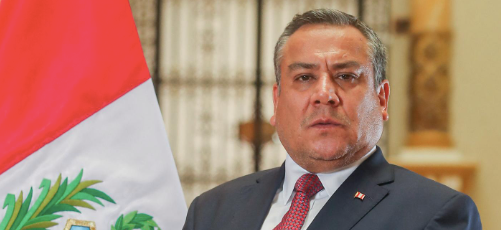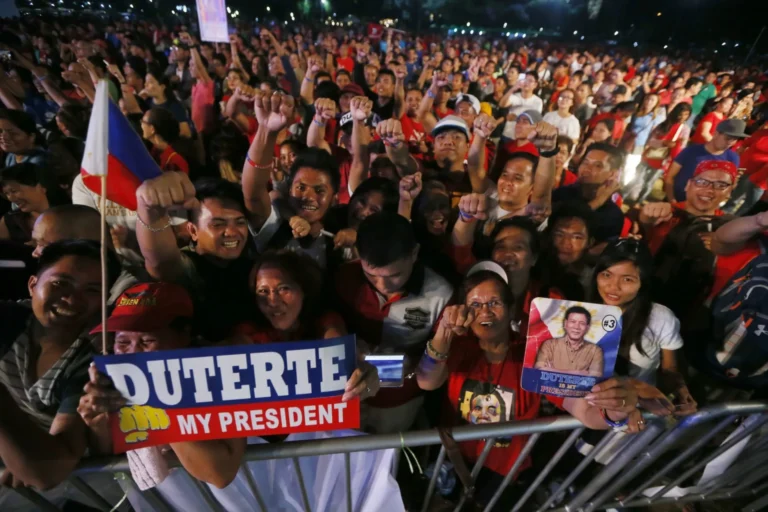
What will happen to Trump’s criminal cases if he becomes the president?

The neck-to-neck rivalry between Kamala Harris and Donald Trump in the American 20224 elections has stirred up a conversation. What will happen to Trump’s criminal cases if he becomes the president? The 78-year-old former US President has a history of being criminally convicted for falsifying business records. Another serious case is attempting to outrun the 2020 US elections. The court ruled that he had partial immunity in this case, not long ago he gained relief with another case. A Florida judge dismissed a case related to his handling of classified documents. As a Republican, he has gained legal wins the only question is what will happen if he becomes the President. If he wins, these cases will raise practical and constitutional in his leadership as the president. Let’s see a broader perspective.
Federal Cases: Presidential Immunity and Department of Justice Control
Trump faces 2 federal cases; these cases are likely to be impacted by Trump’s presidency. His alleged involvement in the January 6 insurrection and mishandling of classified documents is one. Presidential immunity shields presidents from prosecution for actions taken in office could be a possibility here. Legal experts inform that immunity generally does not apply to actions taken before or after holding office. Trump’s legal team might argue otherwise to delay or dismiss these cases. Additionally, as president, Trump would control the Department of Justice (DOJ), allowing him the discretion to appoint an Attorney General who could potentially stop these prosecutions altogether. For instance, Trump’s legal allies have indicated that he might dismiss the DOJ’s special counsel, Jack Smith, who leads these cases, effectively ending federal prosecution efforts.
New York “Hush Money” Case: State Jurisdiction and Limits on Presidential Power
This is especially so in New York, where Trump stands accused of falsifying business documents associated with the hush-money payments. Because this case is in a state court, presidential powers would not allow Trump to directly intervene or pardon himself, as he would have limited authority over state prosecutions. However, Trump’s legal team could try to delay proceedings further, especially with appeals. If convicted, a jail sentence could theoretically be postponed until after his presidency, as state courts sometimes defer to federal duties if an individual holds public office.
Georgia Election Interference Case: State Authorities Continued Prosecution
In Georgia, Trump faces charges for allegedly attempting to overturn the 2020 election results, a case brought under the Racketeer Influenced and Corrupt Organizations (RICO) Act. Like the New York case, this is also under state jurisdiction, meaning Trump would have no direct authority to dismiss it or pardon himself if convicted. Georgia’s governor cannot pardon in this context; a specialized board handles pardon requests, typically not until a sentence is served. Thus, even if Trump were re-elected, the case could proceed independently. However, delays through procedural motions are still likely, which might extend any verdict until after his potential second term.
Potential Consequences and Challenges
Trump also faces charges involving an alleged effort to upend the results of the 2020 election brought under RICO in Georgia. The case has also been filed at the state level, and as would be the case with any state case in New York, Trump has no prerogative over dismissing a case or self-pardon if convicted.
Georgia’s governor cannot pardon in this context; instead, a specialized board handles pardon requests, typically not until a sentence is served. Thus, even if Trump were re-elected, the case could proceed independently. However, delays through procedural motions are still likely, which might extend any verdict until after his potential second term.
Potential Consequences and Challenges
A Trump presidency during these cases could pose numerous constitutional and administrative challenges. A sitting president being criminally prosecuted, especially at the state level, would have never been seen. Analysts believe that his defense team will use various procedural mechanisms to delay the eventual judgments and verdicts of all the cases, hoping the second term will give him immunity from the results in the short term. But each case will come out at a different time, hence a prediction of any result will not be correct for sure
Impact on Governance
If Trump won, the cases would impact his ability to govern because he would be busy fighting court cases, which would take him away from presidential work. At worst, if convicted and sentenced, a sitting president in prison would cause a grave constitutional crisis. The complexity of these cases indicates that future legal clarity must be achieved regarding presidential immunity and state vs. federal jurisdictions in criminal matters. In short, a victory by Trump would influence the progress of his criminal cases, especially federal ones. He would not be entitled to immunity from state prosecutions, however. The results of these cases—and the unprecedented implications they carry—would transform U.S. legal and political landscapes.




